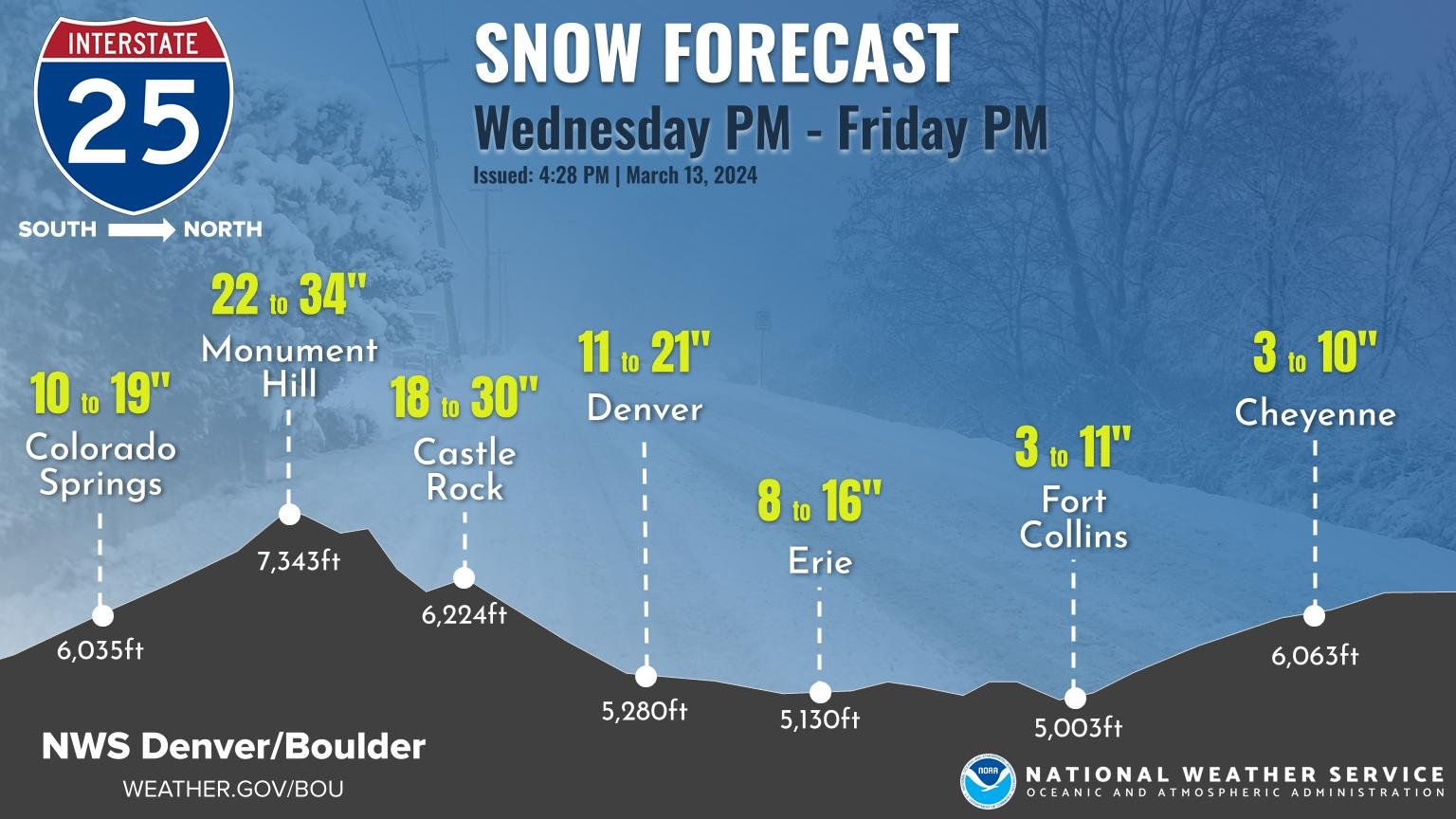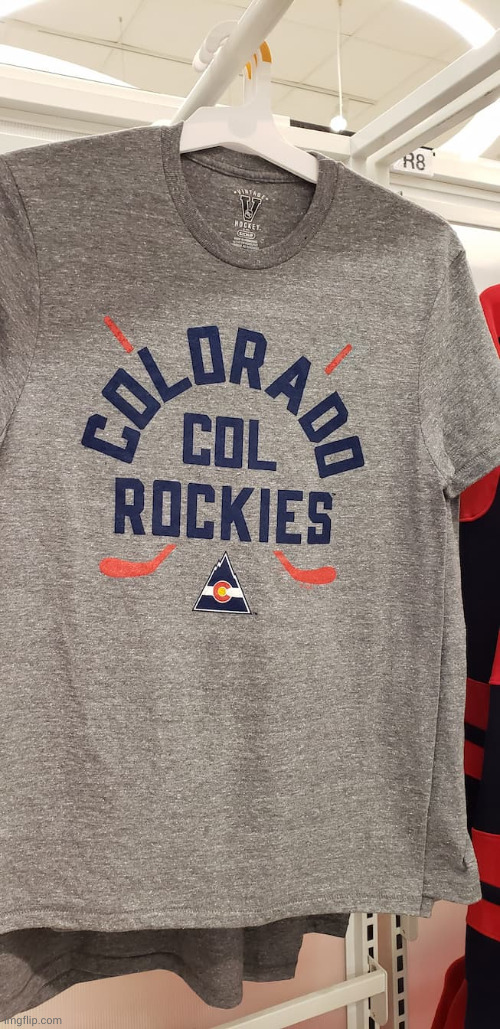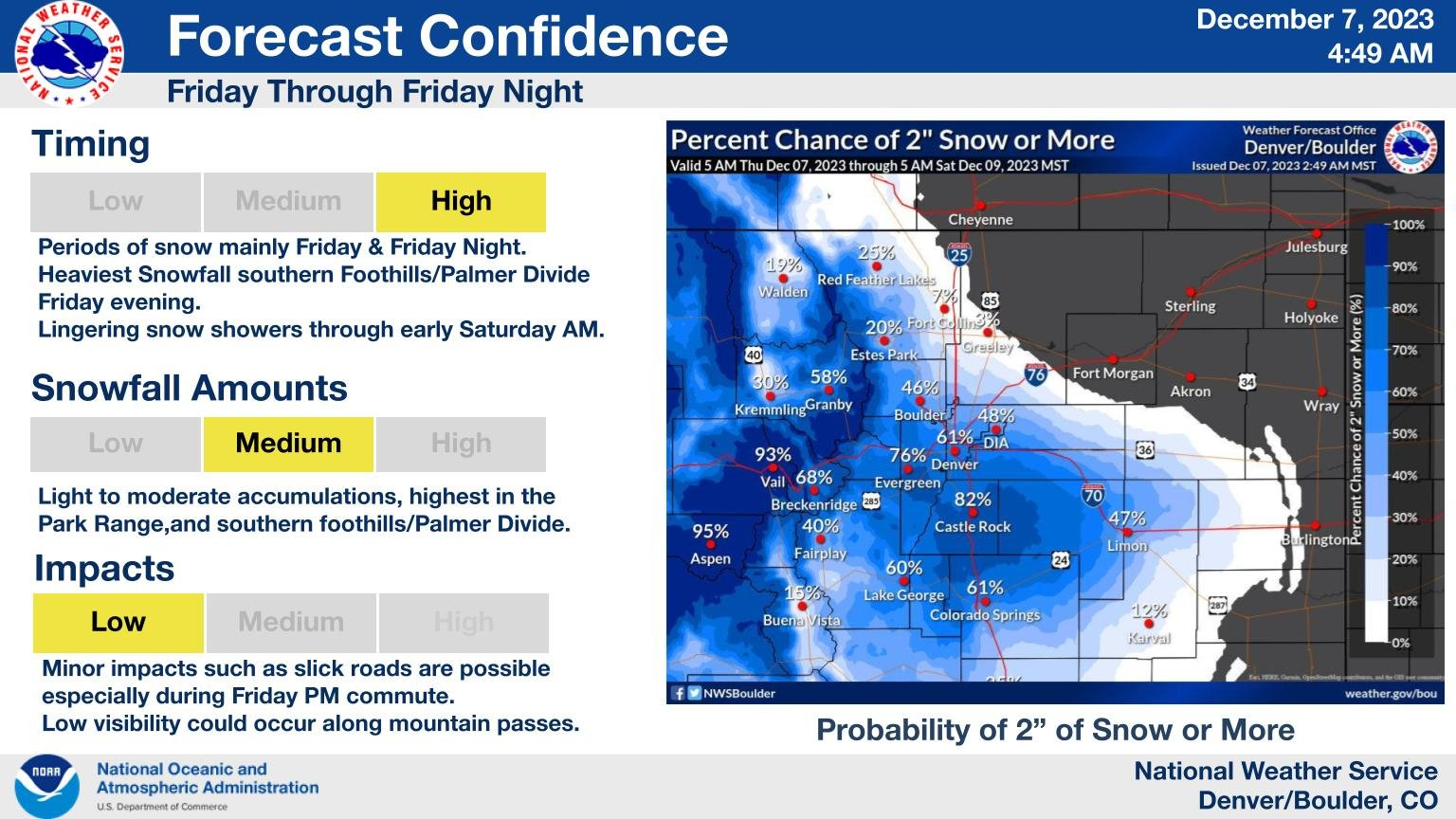Denver
1271 readers
1 users here now
A place for discussions about Denver, CO.
Rules:
- No bigotry: Including racism, sexism, homophobia, transphobia, or xenophobia. Code of Conduct.
- Be respectful. Everyone should feel welcome here.
- No NSFW content.
- No Ads / Spamming.
- Be thoughtful and helpful: even with ‘stupid’ questions. The world won’t be made better or worse by snarky comments schooling naive newcomers on Lemmy.
founded 2 years ago
MODERATORS
51
52
53
54
55
56
57
58
59
60
61
62
63
64
65
66
67
24
More than 200 flights delayed at Denver International Airport due to Christmas Eve snow
(rssfeeds.9news.com)
68
69
71
72
73
11
German-style Denver brewery opens huge new biergarten and production facility
(www.denverpost.com)
74
75







